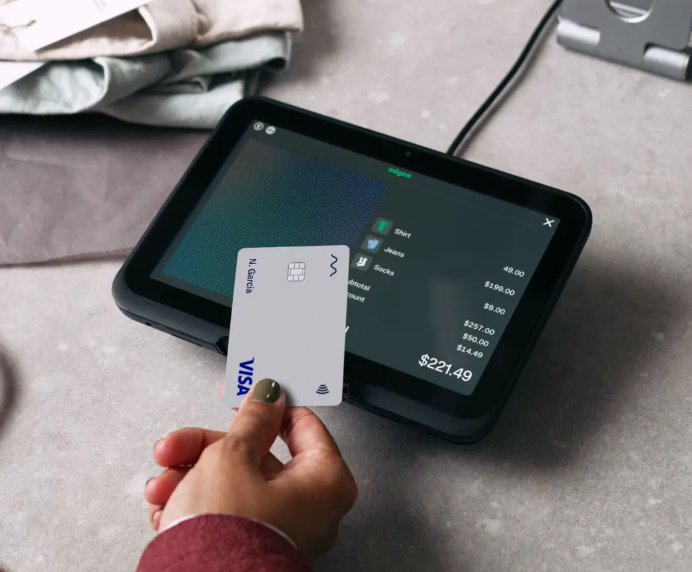Adyen: over a third of APAC consumers use AI to shop

Over a third of Asia Pacific (APAC) consumers use artificial intelligence (AI) to Shop, with adoption across generational groups, Adyen’s research showed Monday.
In its 2025 Annual Retail Report, the firm highlighted a rising momentum in AI adoption across APAC’s retail landscape.
A poll of 41,000 consumers across 28 markets including Singapore, Australia, Hong Kong, India, Japan, and Malaysia reveals that over a third (38 percent) of APAC consumers now use AI to help them get their shopping done.
This is a 39 percent surge from 2024, with more than one in ten APAC consumers (11 percent) having used AI for shopping for the first time over the past 12 months.
It is noted that the experience for APAC consumers has been positive.
63 percent say that AI inspires their purchase decisions from outfits to meals, faster than anyone else can.
AI also serves as a search tool, with 62 percent of APAC consumers wanting to find unique brands and shopping experiences using AI, a development that highlights the chance for brands to combine partnerships and cross-selling to drive customer sales.
59 percent of APAC consumers are now open to making purchases using AI in the future.
According to the report, generations across APAC are increasingly exploring shopping with AI.
It is most popular among Generation Z (ages 16 to 27), especially in places like Malaysia and Hong Kong, where 74 percent and 64 percent of Gen Z shoppers use AI, respectively.
Older generations are also catching on; in Singapore, Generation X (44 to 59 years) and Millennials (28 to 43 years) recorded the biggest increases in their use of AI in shopping over the past 12 months, at 45 percent and 28 percent respectively.
30 percent of those aged 60 and over say they currently use AI to support them in making purchases.
“The introduction of AI in shopping has created new shopper journeys that are more exciting than ever,
“From it, we see an emergence of new consumer behaviors — one characterized by personalization and convenience,” said Warren Hayashi, President, Asia Pacific, Adyen.
“For retailers, embracing AI isn’t just about staying current; it’s about meeting evolving consumer expectations and staying competitive in a fast-changing retail landscape,” he added.
When asked how they plan to boost revenues in 2025, many APAC retailers pointed to AI and emerging technologies as key strategies.
More than a third (34 percent) said they would invest in AI to support business activities across areas like sales and marketing, product innovation, and security and fraud prevention.
“Retailers generate vast amounts of payments data through their daily operations, presenting a substantial untapped opportunity,
“Where AI comes into play is to drive conversions at scale,” said Hayashi.
While AI sparks excitement, 26 percent of APAC consumers now feel more worried about the possibility of fraud and scams.
One in five don’t enable their devices to remember their payment details in anticipation of fraud.
“Besides optimizing revenue, AI could aid in the fraud-fighting efforts of retailers,
“By training AI on the thousands of transaction data retailers process each day, it can spot anomalies, identify patterns, and predict fraud attempts – ultimately ensuring consumer trust and protecting retailers’ hard-earned revenue,” said Hayashi.
Currently, 40 percent of retailers in APAC use AI to help prevent fraudulent transactions in their stores.
While investment in new technologies is welcome, less than half (46 percent) of APAC retailers currently enable customers to shop easily across online and offline channels.
Understanding the importance of an omnichannel strategy, a further 19 percent of business leaders plan to enable this over the next 12 months.
The report also showed having an online presence creates new channels for brands to connect with customers.
In today’s digital world, 46 percent of APAC consumers expect to be able to easily shop with a business across multiple touch points including social media, apps, and the online store, with the rise of social commerce seeing more than 36 percent of APAC consumers using social media to shop.
Despite this, APAC shoppers still have a strong preference for physical stores.
42 percent of shoppers like both equally, while the remaining shoppers choose brick-and-mortar (35 percent) over online platforms (22 percent).
Consumers still prefer to see and feel the product (48 percent) and try on items (41 percent) before purchasing, and appreciate the immediacy of having their items on hand upon purchase (35 percent).
#AIPoweredShopping #RetailInnovation #ConsumerTrends #OmnichannelExperience #SocialCommerce
- Art
- Causes
- Crafts
- Dance
- Drinks
- Film
- Fitness
- Food
- Игры
- Gardening
- Health
- Главная
- Literature
- Music
- Networking
- Другое
- Party
- Religion
- Shopping
- Sports
- Theater
- Wellness


